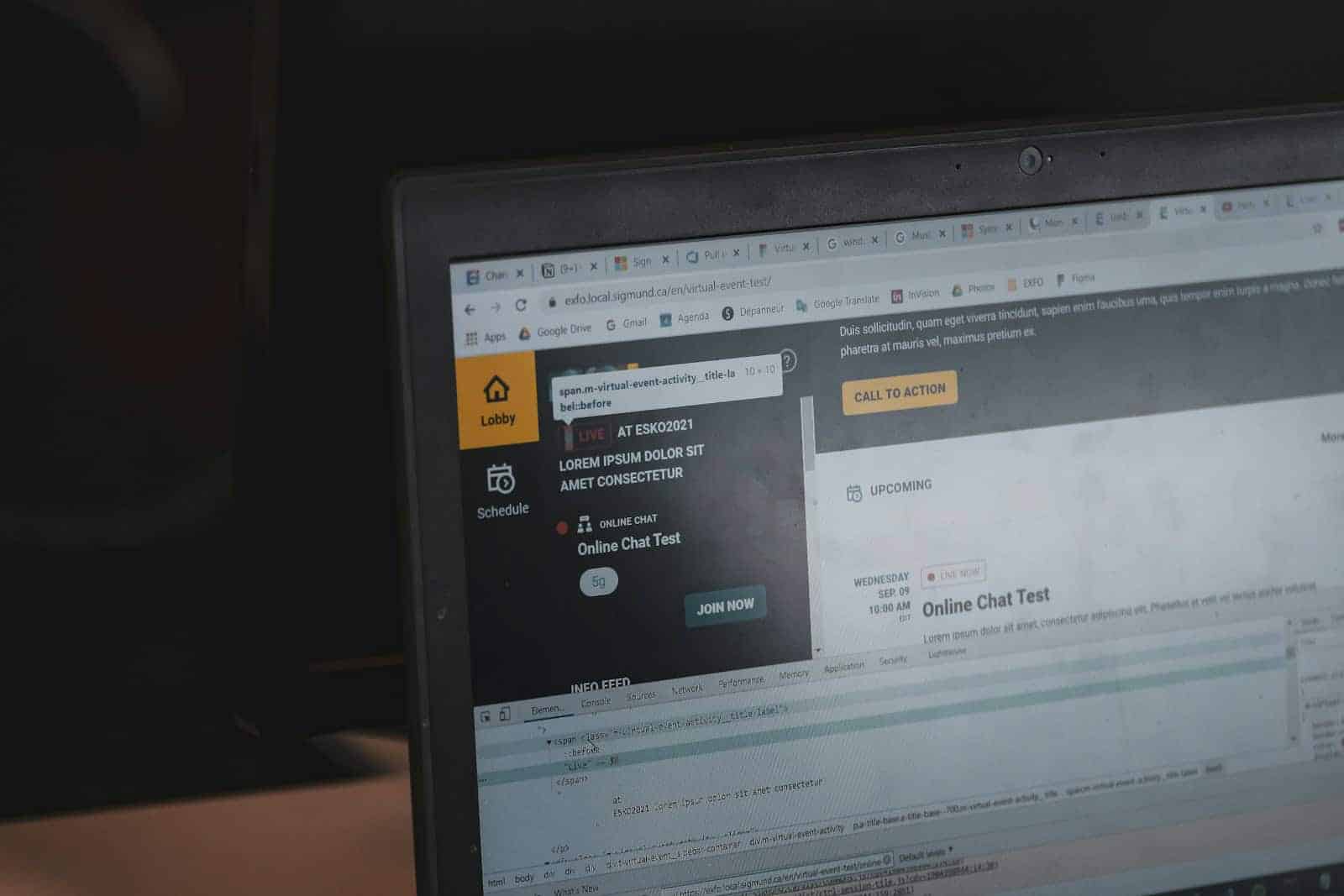React applications often need to work with query parameters in URLs. These parameters help pass data between different parts of an app or between separate web pages. The useSearchParams hook from React Router makes it easy to read and update query strings in React components.
Query params are the key-value pairs that come after the ? in a URL. They let apps store small bits of data right in the web address. This can be useful for things like search filters, page numbers, or other settings that need to stay the same when a user reloads the page.
Using query params in React used to be tricky. But now there are simple ways to handle them. The useSearchParams hook gives developers an easy tool to get and set these URL parameters. This lets React apps use the URL as a place to keep state, which can make some features much simpler to build.

Leveraging Query Parameters in React: A Comprehensive Guide
What Are Query Parameters?
In essence, query parameters are key-value pairs appended to the end of a URL after a question mark (?). They provide a way to pass data along with a web request.
Why Use Query Parameters in React?
Query parameters are incredibly versatile in React applications. They enable:
- Filtering and Sorting: Customize data displays based on user preferences.
- Pagination: Break down large datasets into manageable pages.
- Sharing Specific Views: Create shareable links that lead users to precise content.
- Preserving UI State: Maintain the state of a page even after refreshing.
Accessing Query Parameters with React Router
React Router, the de facto library for routing in React applications, provides two primary ways to access query parameters:
- useSearchParams Hook: A powerful hook that returns the current query parameters and a function to update them.
- URLSearchParams API: A browser API for directly manipulating query parameters in the URL.
Working with useSearchParams
import { useSearchParams } from 'react-router-dom';
function MyComponent() {
const [searchParams, setSearchParams] = useSearchParams();
const sort = searchParams.get('sort'); // Get the 'sort' parameter
const page = searchParams.get('page'); // Get the 'page' parameter
// ...
return (
// ...
);
}A Deeper Dive: URLSearchParams API
const queryParams = new URLSearchParams(window.location.search);
const filter = queryParams.get('filter');
queryParams.set('filter', 'new_value');
window.history.replaceState(null, '', '?' + queryParams.toString());Table: Popular Query Parameter Libraries
| Library Name | Description | Key Features |
|---|---|---|
| use-query-params | A React hook for easy management of query parameters. | Type safety, automatic serialization |
| query-string | A utility for parsing and stringifying URL query strings. | Versatile, supports nested objects |
Please note that there might be other libraries available, and the choice of library can depend on your specific requirements.
Key Takeaways
- Query parameters store data in the URL after the ? symbol
- React Router’s useSearchParams hook makes working with query params easy
- URL parameters help keep app state when users reload the page
Understanding Query Parameters in React
Query parameters let React apps get data from URLs. They work with React Router to handle different app states and user inputs.
Basic Concepts of URL and Query Parameters
Query parameters are key-value pairs in URLs. They come after a question mark and use equals signs. For example:
https://example.com/search?q=react&page=2
Here, “q” and “page” are keys. “react” and “2” are values. Developers use these to pass data between pages or to APIs.
React apps can read and change query params. This helps manage app state without extra code. It’s useful for search filters, pagination, and sharing links.
The Role of React Router
React Router helps handle query params in single-page apps. It provides hooks to work with the URL:
- useSearchParams: Gets and sets query params
- useLocation: Accesses the full URL
Example using useSearchParams:
import { useSearchParams } from 'react-router-dom';
function SearchPage() {
const [searchParams, setSearchParams] = useSearchParams();
const query = searchParams.get('q');
return (
<div>
<h1>Search Results for: {query}</h1>
{/* Rest of component */}
</div>
);
}
This code reads the ‘q’ param from the URL. It’s a simple way to get user inputs from the address bar.
Implementing Query Params Handling in Components
Query params help React apps manage data in the URL. They’re useful for searches and filters. Let’s explore how to work with query params in React components.
Leveraging Hooks for Query Params
React hooks make query param handling easier. The useState hook can store param values. useEffect can update params when they change. Here’s a simple example:
import { useState, useEffect } from 'react';
import { useLocation } from 'react-router-dom';
function SearchComponent() {
const [searchTerm, setSearchTerm] = useState('');
const location = useLocation();
useEffect(() => {
const params = new URLSearchParams(location.search);
setSearchTerm(params.get('q') || '');
}, [location.search]);
// Rest of component code
}
This code gets the ‘q’ param from the URL. It updates the searchTerm state when the URL changes.
Advanced Techniques and Libraries
For more complex query param needs, specialized tools can help. The useSearchParams hook from react-router-dom is one option. It provides an easy way to read and write URL search params.
import { useSearchParams } from 'react-router-dom';
function FilterComponent() {
const [searchParams, setSearchParams] = useSearchParams();
const category = searchParams.get('category');
const updateCategory = (newCategory) => {
setSearchParams({ category: newCategory });
};
// Component rendering
}
This code reads and updates the ‘category’ param. Libraries like query-string can also help parse complex query strings into objects. They make working with multiple params simpler.
Frequently Asked Questions
React developers often need to work with query parameters. These questions cover common scenarios and best practices for handling query params in React applications.
How can one retrieve query parameters in a functional component using React Router?
React Router provides a useLocation hook. It gives access to the current URL. Developers can use this hook to get query parameters from the URL. They can then parse these parameters with the URLSearchParams API.
What is the best approach for parsing query parameters in React?
The URLSearchParams API is a good choice for parsing query parameters. It works well with React Router. This API offers simple methods to get and set query string values. It’s built into modern browsers and doesn’t need extra libraries.
Are there any hooks available in React Router for managing query parameter state?
React Router v6 includes a useSearchParams hook. This hook makes it easy to read and update query parameters. It returns an array with two items. The first is a URLSearchParams object. The second is a function to update the search params.
What are the latest methods for synchronizing state with URL query parameters in React?
The useSearchParams hook from React Router is a new way to sync state with URL params. It lets you update the URL and component state at the same time. This keeps everything in sync without extra code.
How does one handle default values for query parameters when using React Router?
When using useSearchParams, you can set default values. Check if a parameter exists. If it doesn’t, use your default value. You can also use the || operator to provide a fallback value when reading params.
What are the considerations for updating query parameters without page reloads in a React application?
Use React Router’s history object to update query params without reloads. This keeps the UI in sync with the URL. Be careful not to trigger unnecessary re-renders. Consider using the useMemo hook to optimize performance when working with query params.







